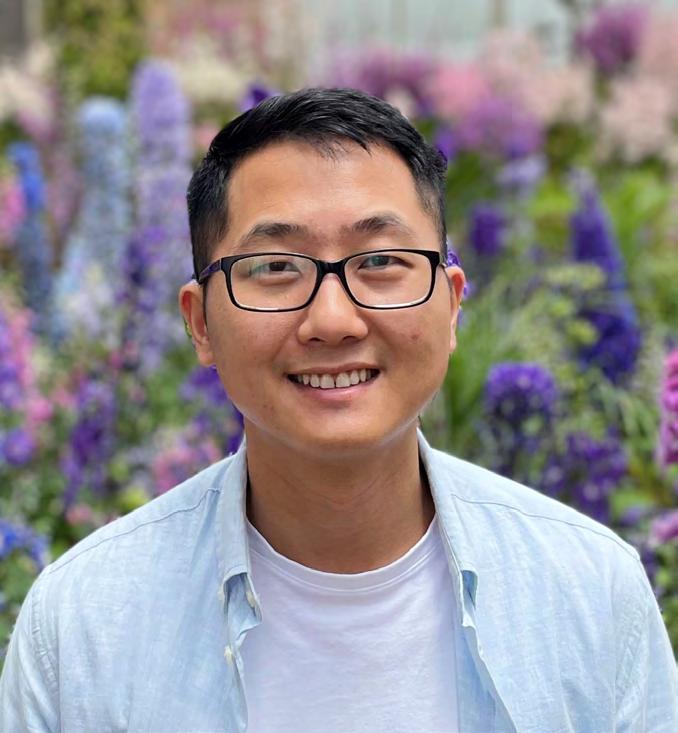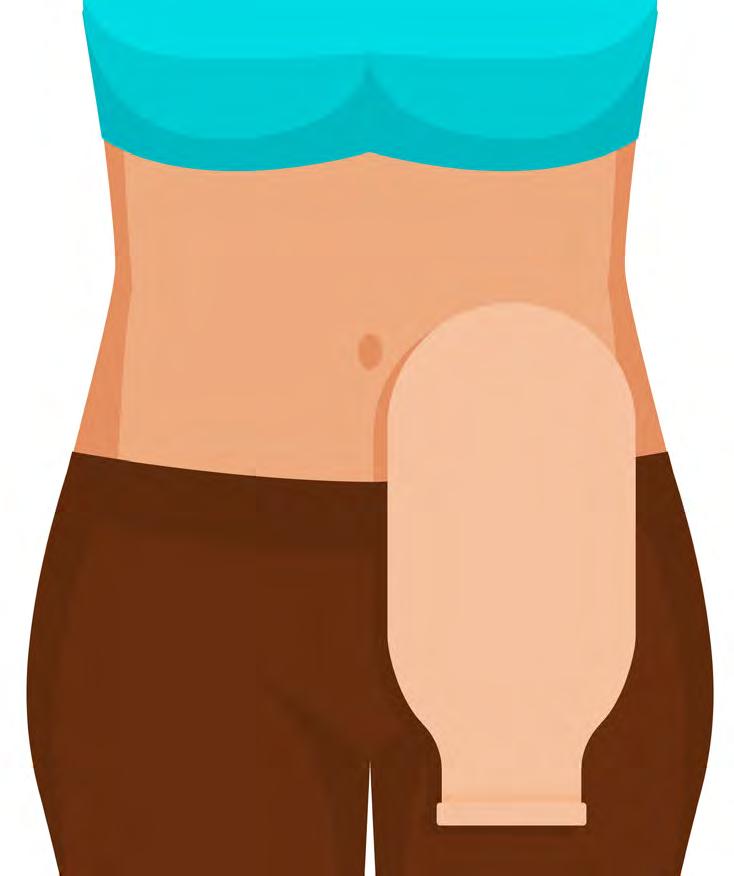
2 minute read
New device could help ileostomy patient outcomes
Dr Chen Liu is a research fellow and PhD candidate at the University of Auckland
In 2020 Dr Chen Liu was a recipient of the Aotearoa New Zealand Research Scholarship. The prestigious scholarship is valued at $66,000 and supports Aotearoa New Zealand-based surgeons and Trainees to undertake a research project within a higher degree. Before pursuing full-time research, Dr Liu worked as a Trainee surgeon in General Surgery at Rotorua Hospital in Aotearoa New Zealand. “I was very grateful for the scholarship. It solidified my interest and passion for research and motivated me even more to incorporate research into my future career.
Advertisement
“I decided quite early on in my training that I would take some time to complete a post graduate qualification,” he says. Dr Liu’s PhD was focused on the morbidity of ileostomies and colorectal surgery, and a potential strategy to mitigate those morbidity risks. The COVID-19 pandemic meant Dr Liu recruited patients locally in Aotearoa New Zealand with the study conducted in Auckland and Dunedin hospitals. “A big chunk of the year was spent working from home, and I was fortunate there was still enough research work, and I could still work on writing manuscripts and conference presentations,” he said. The study included a randomised controlled trial of a novel stoma-output recycling device to reduce the length of post-operative stay in patients undergoing reversal of loop ileostomy. “People living with a stoma are at risk of dehydration and kidney impairment due to fluid loss and there is a high rate of delayed bowel recovery. The bowel, if you don’t use it for a while, gets weaker and doesn’t work as well,” Dr Liu says. In the study, a possible way of fixing this issue was to use a device, which takes the liquid from the stoma and pumps it back into the downstream bowel to stimulate it before the surgery to aid faster recovery and shorter hospital stays. “The randomised control trial is trying to prove that using this device makes a difference by randomly allocating recruits who have a loop ileostomy into either getting the device or just carrying on as usual. We then see what their outcomes are in terms of the rates of hospital re-admission, the rates of dehydration, and look at how fast they recover after surgery.”
Because of funding and logistic limitations, the study focused on people who were two weeks out from surgery to get their stoma reversed. “We know from a similar study done in Spain (2014) that the two-week time frame yields good outcomes for patients, like significantly shorter stays in hospital, and much lower rates of delayed bowel recovery,” he says. Another limitation was that the study didn’t include all possible stoma patients in order to keep the participants as similar as possible. Most of the recruited patients had colorectal or rectal cancer. “Unfortunately, a large group of patients had inflammatory bowel disease, and we couldn’t include them in the study, meaning the pool of patients was limited. “In the future, a possible area of further research would be to focus on patients with inflammatory bowel disease,” he says. Dr Liu is halfway through his current research and expects to complete it next year. Outside of study and medicine, Dr Liu enjoys music and exercise and is an avid runner.

“I enjoy spending time outdoors and my wife and I play squash regularly.” Dr Liu is expecting his first child with his wife later this year.










